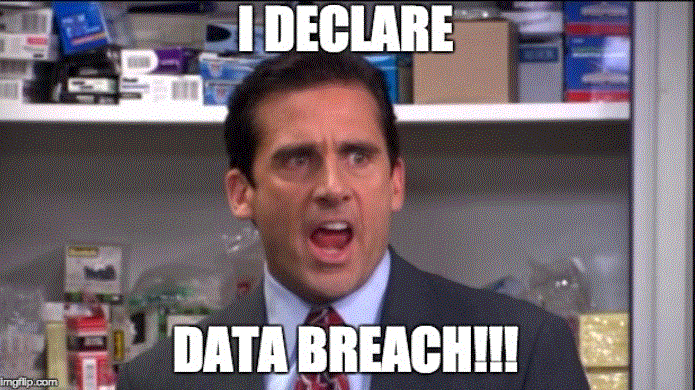Cybersecurity sounds like a definitively contemporary term, alluding both to new fears and to the new technologies we create to cope with them. At Ohio State, Dr. Dan Gauthier is on the forefront of cutting edge encryption technology, promising to keep information traveling by drone secure. But as new as it sounds, information security is an ancient practice, and as technical as it seems, its social, economic, and political dimensions affect society in increasingly pressing ways. 
Dr. Denise Schmandt-Besserat, an archaeologist and scholar of the history of writing, spent her long career looking for clues as to how writing came to be. Her token theory of writing is widely accepted, but also hidden in this history is the foundation of information security. Tokens were used to represent objects, especially in trade. Before the advent of writing, these tokens were counted, then sealed inside clay envelopes and delivered with the goods as a receipt. Upon delivery, the receiver could then break the envelope to be sure that the order matched what was supposed to be sent. This protection of trade data is an early form of information security.
Long after writing was invented, and long before the invention of the Internet, this tradition of defense continued. The introduction to The History of Information Security describes a 17th century example of encryption by putting letters carried by couriers into written code. These coded letters had multiple lines of defense: the fitness and physical defense of the courier, the encryption of the letter contents, and even international diplomatic immunity all served as mechanisms of information security.
In more modern settings, carrier pigeons evolved into drones, hand-written encryption evolved into digital code sequences, and international protections evolved into massive organizational innovations like ICANN’s Security and Stability Advisory Committee, the European Network and Information Security Agency, and the creation of national Computer Emergency Response Teams. Beyond information security, privacy as a concept has evolved into a right secured by laws like Europe’s General Data Protection Regulation and the state of Illinois’s Biometric Information Privacy Act.
As more individuals become hyper-connected, the importance of privacy and security takes on a new role. State secrets and mercantile arrangements aren’t all that needs protecting, though the potential for some information to cause political conflict and social instability is lost on no one. Now, the most sensitive details of our lives are now available for the hacking. While encryption and other information security measures may not themselves be forms of writing, their use to protect the knowledge we hold dear has made them an indispensable part of the information ecosystem, and an understanding of historical and contemporary information security is important for active and informed participation in the digital age.

